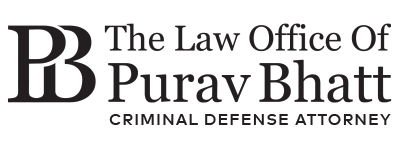An officer is specially trained to identify signs of impairment and clues of being under the influence when conducting a traffic stop. Knowing what the officer is looking for when he pulls you over is the first way to prevent being arrested for DUI. If you are pulled over for committing a traffic violation such as not signaling before turning, speeding, or changing lanes unsafely, the officer’s training will kick in. He will approach the vehicle and start smelling for drugs or alcohol. His eyes will scan the inside of the vehicle for cans, plastic cups, or bottles. Even having a wristband from a bar or festival is a clue to an officer that you were possibly drinking and may be under the influence (take those off as soon as you leave the venue). It is enough for the officer to continue his investigation into a possible DUI.
He will ask for your license and insurance. Along with checking if you are legally driving and insured, the officer is checking to see whether you can find your identification and insurance and how long it takes you to produce it. If the officer smells alcohol coming from the car (not necessarily from you), he will ask you to exit the vehicle. At this point, he is watching how you exit the vehicle. Did you use the door or frame for balance? Once you step out of the car, he will ask you questions related to your alcohol intake that day. “Small talk” you think, but no. The officer is watching whether you are swaying, what your pattern of speech is and what your eyes look like.

